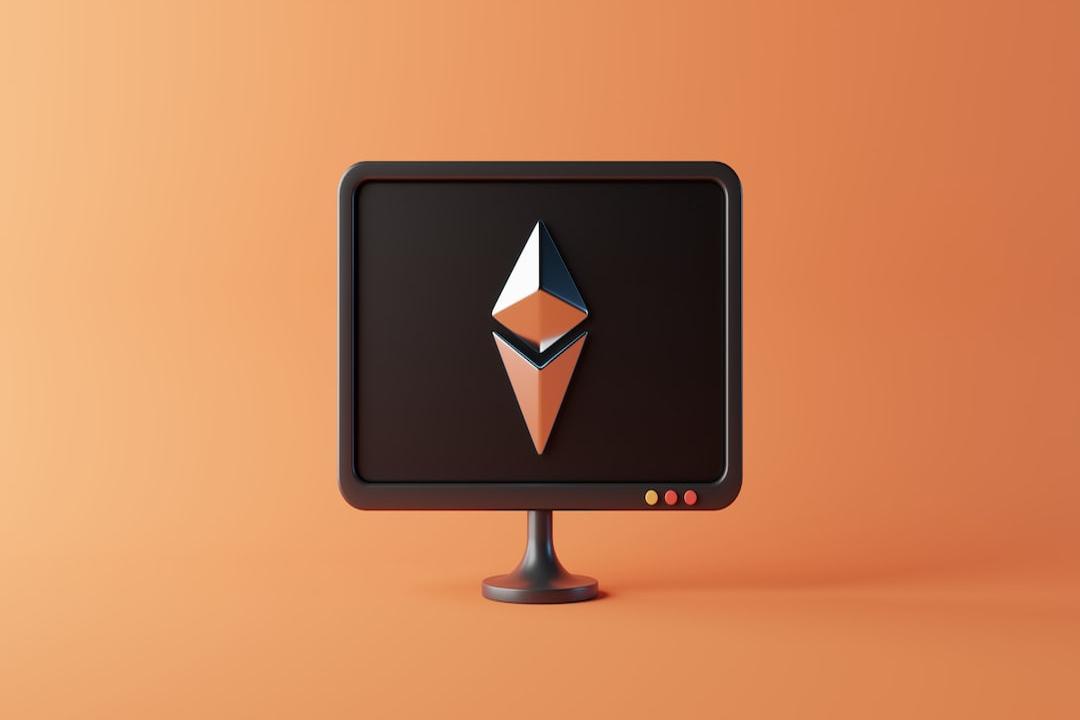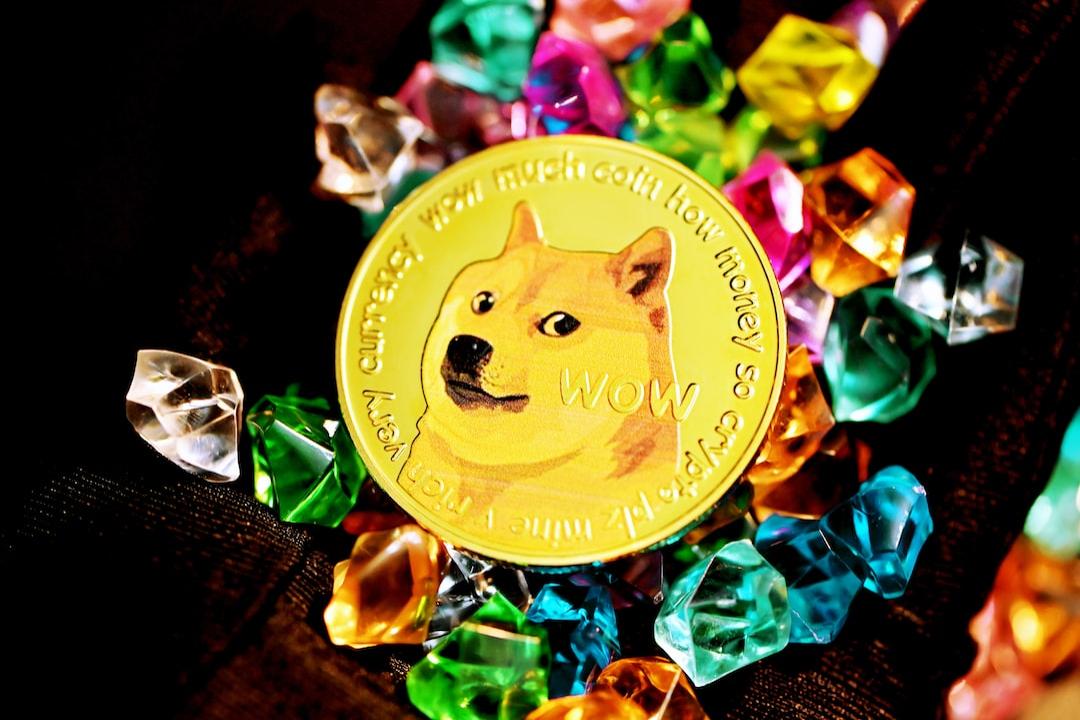Author: larri
“How many of these web3 concepts you’ve heard of are translated from English? Today, just like our predecessors over 100 years ago, we are still learning to think about society by combining the characters for “people” and “master”, and understanding knowledge by combining “science” and “study” in the Chinese language. Are we creating, or are we still translating? A very high proportion of the publicly searchable Chinese web3 information is hardcore technical translations, popular English project introductions, and Chinese translations of Vitalik Buterin’s work (some of which doesn’t even need translation).
Subtracting 100% from these proportions is the focus of this column.
I have seen a kaleidoscope-like new Chinese world. Its scope goes far beyond the mainland. Beyond this land, there are many experiments that we can understand easily due to a shared language, but are not well communicated due to a lack of channels.
In Taiwan, you can see comic strips in newspapers educating children about blockchain, the government promoting the application of decentralized technology in local governance, people studying the significance of Taoist thought on decentralized organizations, and a DAO that explicitly says we don’t want the Western DAO system and avoids voting whenever possible.
In Chiang Mai, or more accurately from Dali to Chiang Mai, people are creating a “enclave” of Chinese web3. Unlike Taiwan, they carry the cultural genes of the mainland but are trying to integrate them into a unique environment that cannot be achieved by any native culture.
In the Americas and Europe, second and third generation Chinese descendants are organizing themselves in new ways and establishing connections with their parents’ culture. Being in Paris, I know that although these native French Chinese speak Chinese poorly, they are developing decentralized groups and setting up grants to support bottom-up Chinese cultural projects on Discord. Most people don’t understand blockchain, but they are infused with the spirit of “liberty, equality, fraternity”. Regardless of how the previous generation left their homeland, they have formed a new form and are reconnecting with Chinese culture. This group has tens of millions of people worldwide, almost the population of France.
I have to add all these up to figure out what the Chinese world is contributing to the crypto trend.

Ethereum between chopsticks, a Chinese perspective on the crypto trend
I want to write about ideas created in Chinese. Those ideas that cannot survive in a vacuum; that are related to how to live better, not just beautiful and sophisticated code that transcends culture. They sprout from the culture of the users of this language. No white paper tells us how to live. Every web3 developer, navigator of the crypto world, cannot just face the code, they must face a life that is not black and white. They must face each other with vivid emotions.
Cryptographic technology and decentralized thinking bring us enlightenment, which draws us into moral dilemmas. In this column, I will write about these dilemmas: “Should you disclose your private key to your partner?” “Using tokens as a barrier, creating public goods that poor people can no longer share?” “Can you love Web3 and your national government at the same time?” “Do crypto organizations give women more rights or widen the social gap?”
In an ideal world, Chinese speakers will give unique answers, different from any other culture. Because moral choices are not a technical problem, they are a guide for using technology. Different cultures offer different choices; that’s the beauty of diversity. Even the Chinese culture is not monolithic; blockchain technology delivers the seeds of resistance to the mainland pioneers, but in Taiwan, people see it more as a new tool for social innovation. I want to write about the dynamic crypto changes in the Chinese world; it is not a Chinese package of English trends, but an important part of diversity.
This is not the end. There are many non-encrypted but fundamentally punk practices in the Chinese world.
Workface, born before Ethereum, is more decentralized than any DAO. The Dali Basic Income CBI is friendlier to the creator economy than UBI, and people may not realize that it might be more similar in temperament to the Anji Digital Nomad Community DNA or the Dali Digital Nomad Community NCC than they think. So, I will write “Is there a generation gap between the 30-year-old and 20-year-old cryptopunks?” “What can encrypted self-organizations learn from non-encrypted self-organizations?”…
Some practices have developed to a certain point, gone silent, or gone dormant. They are worth writing about, as it is these practices that have withered and evolved in form, and spiritually relayed, which allow us to grasp the essence of the Chinese narrative. Even if a project or a DAO is “dead,” I will write about it carefully, as this is a kind of literary Burning Man festival, solemnly and passionately burning a sincere creation so that future creators can light cigarettes from the fire. What do crypto punks want to read when they smoke? I think I should write “How to euthanize a DAO” or “Killing a Shijiazhuang DAO.”

The arrival of trains and train stations made people value “accurate time”. What about blockchain? (Source: izzivil)
I am very concerned about how cryptographic technology, to a certain extent along with AI technology, will change people’s perceptions culturally. The arrival of trains and train stations made people value “accurate time”, the Internet introduced the concept of “free” to people, but what about blockchain? It is not immediately clear whether it will bring a focus on “privacy” and “freedom”. People arrange their schedules around the departure time for trains and it’s hard to imagine appearing at a train station at “approximately the right time”; living on the Internet, getting information or services for free is the default, and charging becomes an option that needs to be explained, something that was hard to imagine before. Is blockchain making what is taken for granted today unimaginable? I don’t really know yet. This answer is scattered in the behavior of blockchain players, public goods builders, and crypto digital nomads, so the column is actually a puzzle game with unclear drawings and blocks.
The crypto movement should not be an industrial revolution but an enlightenment movement. Become a part of the enlightenment.

